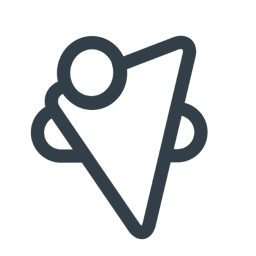At Ghyston, we tend not to have meetings. You know the ones – the sort that take 3 times as long as scheduled and conclude 3 times less than you planned. We prefer to go to the extremes - strictly short stand-ups and long intensive workshops.
- In stand-ups everyone on a team briefly says what they are working on today and if collaboration may help them.
- In workshops a whole team works on specific problems holistically – and give equal space to all proposed solutions.
In a workshop, a facilitator facilitates and participants participate. They are active and creatively challenging. Guaranteed to give you better perspective by the time it’s over. The job of the facilitator is to have all the right questions but none of the answers, to fully write it up afterwards, and make sure everyone feels empowered to input, discuss and evaluate. Alison Coward discusses these in her book 'Effective Workshops' - see a video on the Bracket Creative website.
We use many different exercises and techniques to unlock creativity and draw out insights from the team. This produces unequivocally better solutions, because ideas don’t happen at your desk, and design doesn't happen alone. It happens by collaboration, bringing out each other’s skill sets and enhancing ideas. Whilst allowing a safe space to explore any idea, workshops also help to make sense of the creativity overload and then bring it all back into pragmatic decisions. A few tips from the front line:
- Set at least some parameters (surprisingly this is when we are most creative) but get everyone's agreement on those parameters and if you don't get that agreement - change them.
- Try not talking for a while. As a facilitator, don't be afraid of losing your audience, try silence once in a while and let the discussion/exercise flow. Like in interviews, the best insights often come when someone fills the silence with a clarification or a deliberation.
- Stop yourself whenever you are bringing your own ideas to the table. The net value of the workshop will increase if you bring nothing! You will have thoughts and opinions, of course. If someone says something you hadn't thought about at all - stop a second and take it in, and then ask the group to elaborate on it.
We run workshops at any stage of a project. Near the beginning we may do less solution design, and more problem-framing. It is imperative that we tackle the right problems – and this means defining them properly. You’d be surprised at how much this reveals. Throughout a project we’ll take one large area of functionality or one concept and focus on just that, often for a whole day or two. Depending on the project, we may run workshops focussing on a feature roadmap, technical design, UI design, or retrospectives on how we are working together. Whatever the focus, they are fun, challenging, effective, and will inspire you to run your meetings this way too.


